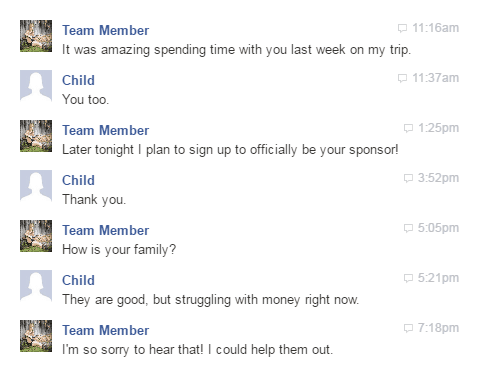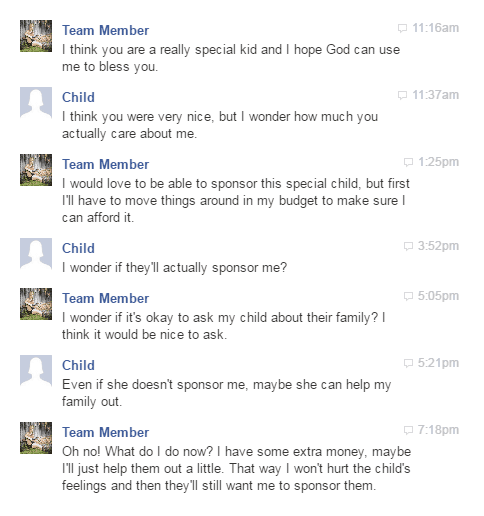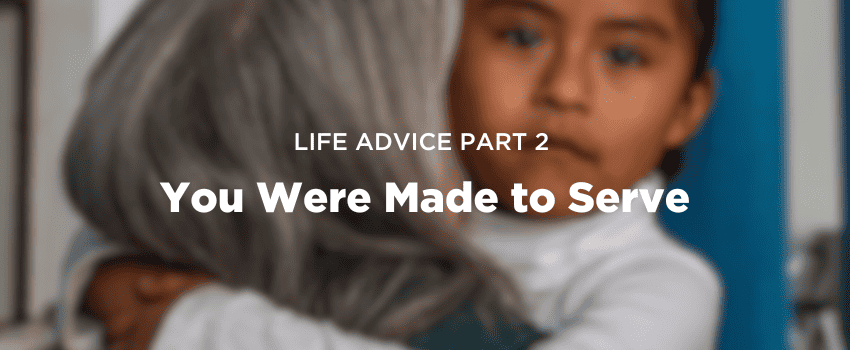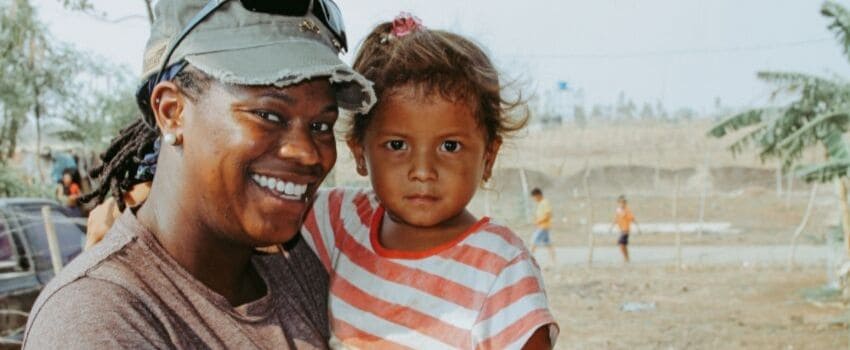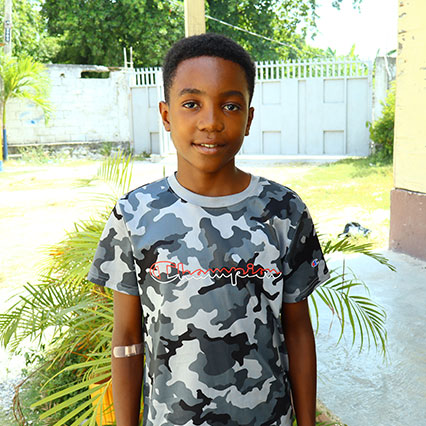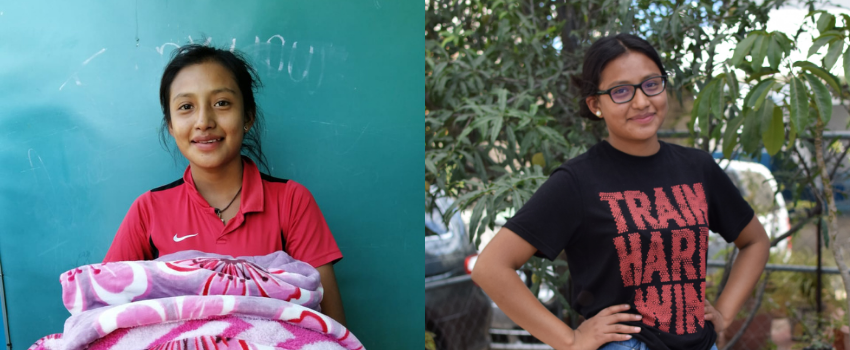
Three Elements to Changing Futures
Two Lives Forever Changed Adriana and Itzel both grew up with difficult home lives but everything changed for them when they joined Trigo y Miel, Forward Edge’s program in Oaxaca, Mexico. As children, they didn’t have many material possessions, but because of the program they were privileged to hear about

